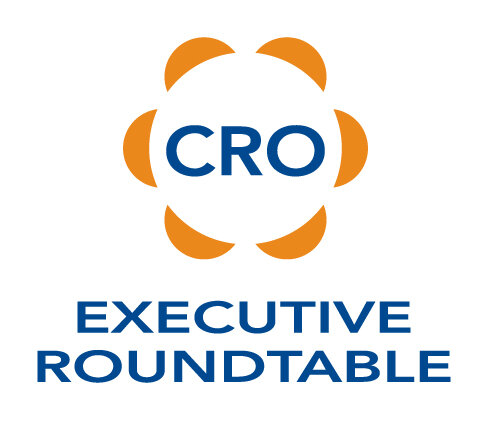Both contain the word “leader” but they are not equal. Working with organizations all over the world opens the door to leadership models that run the gauntlet from good to bad to ugly.
Cultures can be toxic when products never work, core values are flawed, employees are abused, etc., but the one component you typically spot first is where cheerleaders are masquerading as leaders.
Most execs today have had enough managers in their careers to know there is a significant difference in leadership effectiveness and those differences can have massive impacts on the overall performance of the organization. Those managers we worked for - and would gladly do that again - typically had the best organizational traction with delivering success as well as motivating exceptional employee performance. The other group of bosses – the ones we would never work with again – always seemed to survive but could never cast a leadership shadow even on insignificant issues.
Leaders
The best street level definition for leader we use in our RoundTable programs is simple: someone people will follow. Any manager or executive candidate has a track record. Find out if the people who reported to the candidate would ever volunteer to do that again. The tools to locate those individuals are available today (clearly start with LinkedIn). Strong leader profiles are always supported by their previous direct reports along with descriptions like honest, fair, responsive, challenging, demanding, direct, clear, etc. Any absence of feedback about the individual or a “no” to question about another tour as a direct report are major flags that you are looking at a cheerleader.
Cheerleaders
This profile is a chameleon in that they find ways to take credit for everything positive and avoid anything going the wrong way. They are the perpetual “success survivors” even when the organization is circling the drain. The employees view them as empty suits meaning they only have their personal agenda about “how do I win” on their mind. No career is burdened with only success outcomes – real leaders have all taken hits and had to navigate recoveries. That is what establishes their leadership profile. This is the first topic to explore and listen to how they address their role. If your BS meter locks on tilt with their answer, you have the wrong leader candidate.


